-
5
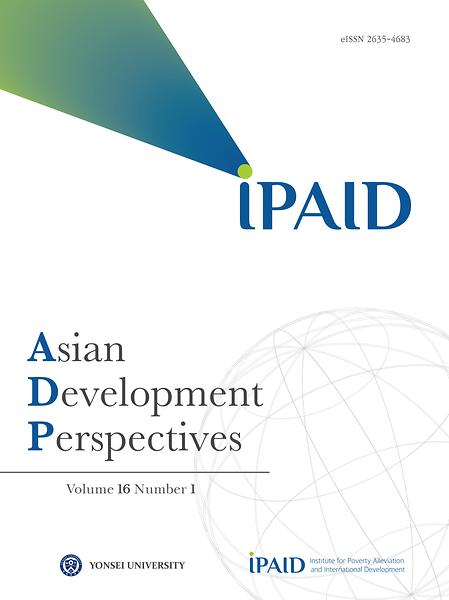
- No. 1 / (5) 청년 정치인과 한국 유권자의 정치 신뢰
- Title_청년 정치인과 한국 유권자의 정치 신뢰 Author_정다빈 Pages_70-84 Abstract_본 연구는 청년 정치인에 대한 유권자의 인식이 정치 신뢰에 미치는 영향을 실증적으로 분석하였다. 그 결과, 청년 정치인의 확대 필요성에 긍정적인 태도를 가진 유권자일수록 정치 신뢰 수준이 전반적으로 높은 경향을 나타났다. 특히 중앙정부, 청와대, 지방정부에 대한 신뢰에는 유의미한 정(+)의 관계를 보이며, 청년 정치인의 확대가 정치 신뢰 회복의 한 축이 될 수 있음이 확인되었다. 반면, 국회에 대한 신뢰에는 유의미한 효과가 확인되지 않았다. 이는 청년 정치인이 유권자의 정치 신뢰 제고의 잠재력을 지니고 있지만, 국회에 대한 만연한 불신으로 인해 그 효과가 제한될 수 있음을 시사한다. Keywords_정치 신뢰, 국회 불신, 청년 정치인, 유권자 인식, 정치개혁
- IPAIDipaid 2025.07.07
-
4
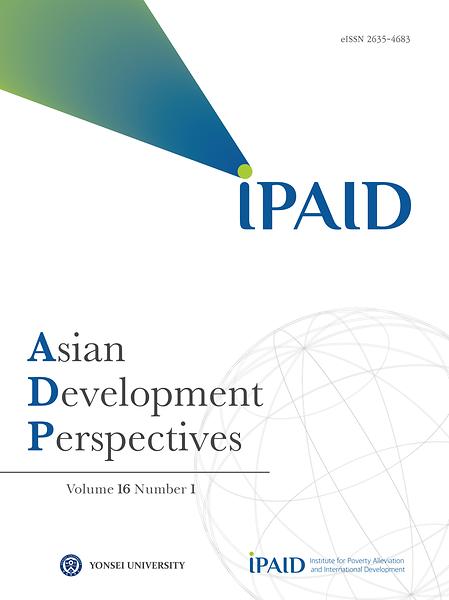
- No. 1 / (4) “Who Won the San Francisco Earthquake?” The Impact of Disasters on International Politics
- Title_“Who Won the San Francisco Earthquake?” The Impact of Disasters on International Politics Author_Dylan Motin Pages_57-69 Abstract_Many believe that global challenges eventually elicit global cooperation. Yet, decades of global warming and the recent coronavirus pandemic have failed to change international politics’ texture. Global threats to human well-being do not appear to provoke decisive international coordination. Yet, surprisingly, some local, more limited natural or technological disasters like the Chernobyl accident or the Justinian Plague significantly impacted international affairs. Why do global disasters killing many millions leave the international order intact, while some local disasters upset international relations profoundly? I argue that only disasters transforming the international distribution of power will reorder patterns of alignments and conflicts. Conversely, disasters affecting the international community relatively evenly safeguard the balance of power since everyone suffers equally. Thus, globally shared disasters usually do not cause significant changes in the international order. Patterns of relations remain the same, and power politics does not stop. I describe a few cases of disasters provoking power shifts and of disasters impacting wars to support my causal argument. This paper significantly pushes the borders of IR and realism, which have paid little attention to disasters’ impact on interstate relations. Keywords_Cooperation, Disasters, Distribution of power, Pandemics, Realism
- IPAIDipaid 2025.07.07
-
3
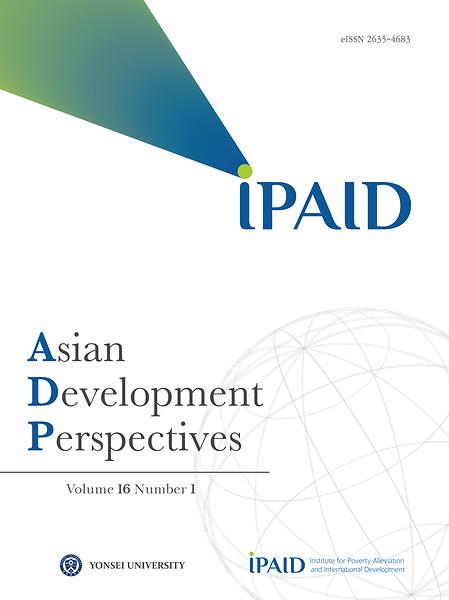
- No. 1 / (3) Perceived ESG and Brand Loyalty in the Fashion Industry: The Mediating Role of Brand Love
- Title_Perceived ESG and Brand Loyalty in the Fashion Industry: The Mediating Role of Brand Love Author_Thu Trang Tran and Hong Van Nguyen Pages_41-56 Abstract_This study explores the impact of perceived Environmental, Social, and Governance (ESG) practices on brand loyalty in the fashion industry, with a focus on the mediating role of brand love. Using a survey of 270 young Vietnamese consumers, the research employs structural equation modeling (SEM) to analyze the effects of ESG on customer loyalty and love for the fashion brands. The results show that perceived ESG significantly affects both brand love and brand loyalty, confirming that customers are more loyal to brands they perceive as environmentally and socially responsible. Additionally, the study finds that brand love partially mediates the relationship between perceived ESG and brand loyalty, indicating that emotional attachment strengthens customer loyalty when a brand is seen as committed to sustainable practices. The findings emphasize the strategic importance of ESG initiatives for fashion brands aiming to build strong, long-term customer relationships. Keywords_ESG, Brand loyalty, Brand love, Fashion, Consumer perception
- IPAIDipaid 2025.07.07
-
2
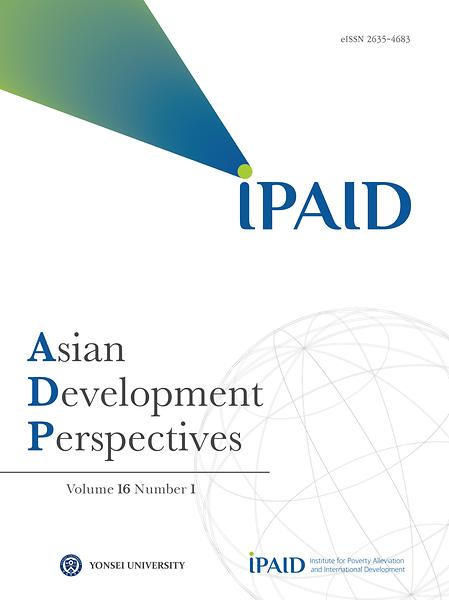
- No. 1 / (2) Developing Digital Competencies Among Higher Education Lecturers for the Industry 4.0: A Case Study at T
- Title_Developing Digital Competencies Among Higher Education Lecturers for the Industry 4.0: A Case Study at Tan Trao University, Vietnam Author_Hoang Anh Dao and Tran Thao Nguyen Pages_24-40 Abstract_In the context of the Fourth Industrial Revolution, digital transformation has become a key driver reshaping higher education, placing growing demands on university lecturers to effectively integrate digital tools into their teaching and professional practice. This study investigates the digital competencies of lecturers at Tan Trao University, Vietnam, using the DigCompEdu framework and the model proposed by Uerz et al. (2021). A structured questionnaire was administered to 154 full-time lecturers across diverse disciplines. Quantitative analysis, including descriptive statistics, T-tests, and ANOVA, was applied to assess competency levels and differences across demographic groups. The findings reveal generally high levels of self-perceived digital competence among lecturers, with significant variations by gender, age, academic qualification, field of teaching, and working position. Female lecturers scored higher in instructional design, while mid-career lecturers and PhD holders exhibited greater confidence in digital education design and professional engagement. Leadership positions were associated with higher digital literacy. The study underscores the need for stratified digital training, targeted policies, and supportive infrastructure to bridge competency gaps and enhance faculty readiness for digital transformation. These findings offer empirical insights and practical recommendations for policymakers, higher education institutions (HEIs) and individual lecturers aiming to strengthen digital competencies in Vietnam and similar contexts. Keywords_Digital competencies, Lecturers, Higher education, Industry 4.0, Tan Trao University
- IPAIDipaid 2025.07.07
-
1
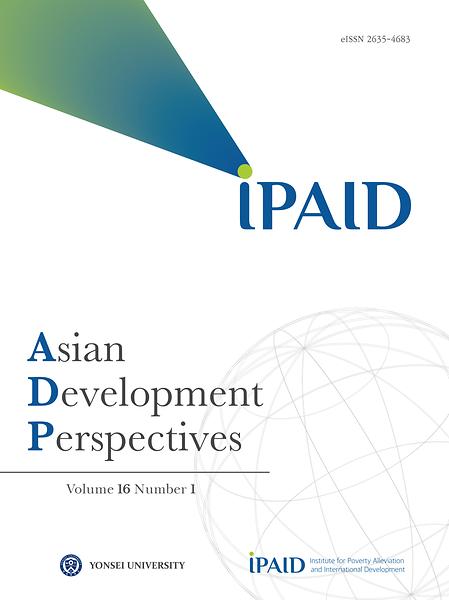
- No. 1 / (1) Entrepreneurship Support Model for University Students - Literature Review and Strategic Solutions
- Title_Entrepreneurship Support Model for University Students - Literature Review and Strategic Solutions for Vietnamese Universities Author_Nguyen Thi Thuy and Do Thi Bich Loan Pages_5-23 Abstract_T his paper analyzes the role of entrepreneurship support models for students at universities around the world. The purpose of this paper is to review the research on entrepreneurship support models for students at universities through a literature review to gain a comprehensive perspective on this field and to seek solutions for Vietnamese universities. T he results show that international universities are successful thanks to professional advisory systems, internal investment funds, modern infrastructure, and close links with businesses. Vietnamese universities can improve the quality of entrepreneurship support through investing in workspaces, developing mentoring programs, and strengthening international cooperation. The study provides some specific recommendations for solutions to promote the entrepreneurial spirit of Vietnamese students. Keywords_Entrepreneurship, Entrepreneurship support, Entrepreneurship support for students at universities
- IPAIDipaid 2025.07.07
